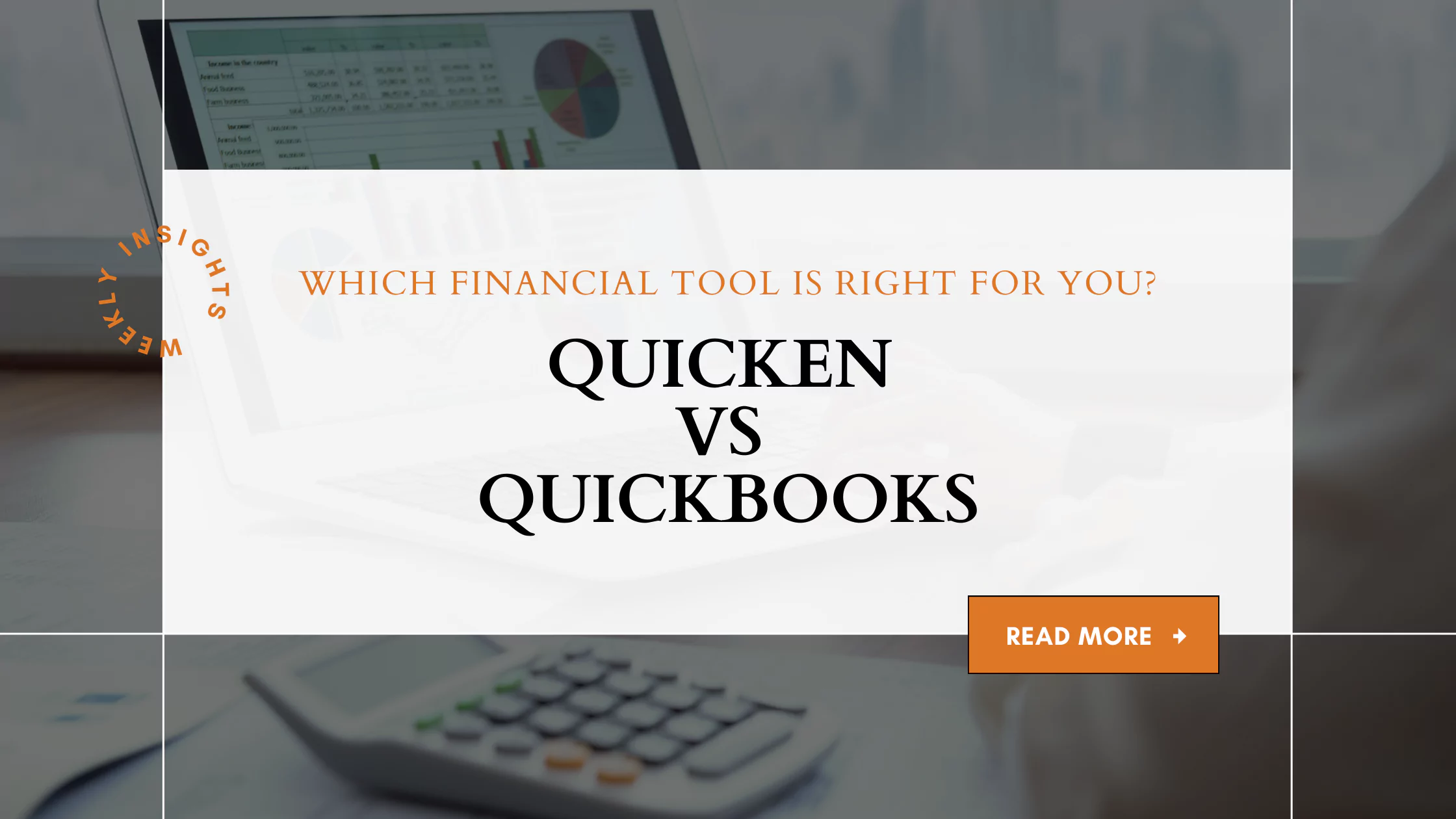January 13 2025 | By Farwah Jafri | 8 minutes Read

Step 1: Determine Your Needs
Key Considerations
Step 2: Decide Between In-House or Outsourced
In-House Bookkeeper
Pros
Cons
Outsourced Bookkeeper
Pros
Cons
Making the Choice
Step 3: Look for Qualifications and Experience
Questions to Ask
Step 4: Evaluate Technical Skills
Step 5: Assess Communication Skills
Considerations
Step 6: Conduct Interviews and Tests
Sample Interview Questions
Step 7: Check References and Reviews
Step 8: Make the Offer and Set Expectations
Step 9: Onboard and Integrate
Final Thoughts
In the world of small businesses, managing finances can quickly become overwhelming. Enter the bookkeeper – a financial wizard who keeps your accounts in order, ensuring everything runs smoothly.
But how do you hire a bookkeeper that fits your business needs perfectly? This guide will walk you through the process step by step, helping you make an informed decision.
Before you dive into the search, it’s crucial to understand what your business requires. Are you looking for someone to handle daily transactions, manage payroll, or prepare financial statements? Maybe all of the above?
Pinpointing your needs will help you narrow down your options and find a bookkeeper with the right skills. Consider the complexity of your financial operations and the specific expertise needed to handle them efficiently.
Understanding these elements will ensure that your bookkeeper can quickly make sense of your business processes and provide the support you need.
Next, you’ll need to decide whether you want to hire an in-house bookkeeper or outsource the work to a freelance professional or firm. Both options have their pros and cons. This decision largely depends on your budget, your financial needs, and your preference for direct control over bookkeeping tasks.
Hiring an in-house bookkeeper means bringing someone directly onto your team. This person becomes familiar with the intricacies of your daily operations, which can lead to a more specialized approach to managing your finances.
In-house bookkeepers are readily available for immediate queries and tasks, allowing for easy communication and quick problem resolution.
Outsourcing your bookkeeping involves hiring an external professional or firm to handle your financial tasks. This option can be more flexible and cost-effective, especially for small businesses that do not require a full-time bookkeeper.
With outsourcing, you gain access to a broad range of expertise and the latest tools without the need to invest in training or office space.
The decision between in-house and outsourced bookkeeping ultimately comes down to your business’s specific needs, resources, and long-term goals. Consider the following questions to help guide your choice:
By weighing these factors, you can determine which option will provide the most value and support for your business.
When it comes to hiring a bookkeeper for a small business, experience and qualifications are of the highest importance. Look for candidates who have relevant certifications, such as Certified Public Bookkeeper (CPB) or membership in professional bodies like the American Institute of Professional Bookkeepers (AIPB). These credentials often indicate a higher level of expertise and commitment to ongoing education.
A thorough evaluation of qualifications ensures that your bookkeeper is equipped to handle the specific challenges your business might face.
In today’s digital age, a good bookkeeper should be proficient with accounting software. Depending on your needs, this might include cloud-based tools or specific platforms like QuickBooks, Xero, or Sage.
Ensure the candidate is comfortable with the tools your business uses or plans to use. Additionally, consider their ability to adapt to new technologies and systems as your business grows.
Essential Skills
A bookkeeper with strong technical skills can significantly streamline your financial processes and provide valuable insights.
A bookkeeper is not just about numbers; they should also be able to communicate effectively. Whether it’s explaining financial reports or discussing cash flow issues, clear communication is vital. This ensures that you fully understand your business’s financial health and can make informed decisions.
Effective communication builds a strong working relationship and ensures transparency in financial management.
Once you have a shortlist of candidates, conduct interviews to get a better sense of their personalities and working styles. You might also consider giving them a small test or case study to evaluate their practical skills. This can reveal how they approach real-world bookkeeping challenges and their problem-solving capabilities.
These questions help gauge not only their technical abilities but also their approach to challenges and their proactive measures in maintaining financial accuracy.
Before making your final decision, always check references and reviews. Speak with previous employers or clients to get insights into the candidate’s reliability, accuracy, and overall performance. This step is crucial to verify the bookkeeper’s track record and professionalism.
What to Ask References
Reference checks provide a clearer picture of what working with the bookkeeper might look like and their impact on past clients.
After you’ve selected your ideal bookkeeper, make a formal offer outlining the terms of employment or contract. Clearly define their roles, responsibilities, and the expectations you have regarding their work. This step ensures that both parties are on the same page from the outset.
Key Elements
Setting clear expectations helps establish a productive and transparent working relationship.
Finally, once your bookkeeper accepts the offer, ensure a smooth onboarding process. Introduce them to your team, provide access to necessary systems, and give them a comprehensive overview of your business operations. A well-structured onboarding process facilitates a quicker transition and integration into your company.
Onboarding Tips
An effective onboarding process helps the bookkeeper hit the ground running, ensuring minimal disruption to your financial operations.
Finding the right bookkeeper is a crucial step for any small business aiming for financial clarity and stability. By following these steps, you’ll be well on your way to how to find a good bookkeeper who can support your business’s growth and success. Remember, a great bookkeeper does more than just balance the books – they become a trusted partner in your financial journey, offering insights and advice that can lead to smarter business decisions.
So, are you ready to embark on the journey of how to hire a bookkeeper that perfectly suits your business needs? With the right bookkeeper by your side, you can focus on growing your business while they manage your financial health with expertise and precision.
Subscribe for business tips, tax updates, financial fundamentals and more.
MORE BLOGS

In today’s digital world, small businesses are in for a tough time when it comes to managing their finances. Traditional bookkeeping methods are a real drag […]
Learn More →
The emergence of AI has impacted a number of sectors, including bookkeeping. AI bookkeeping solutions have been growing in popularity among small firms in recent years […]
Learn More →
Managing your finances, whether personal or for your business, can sometimes feel like a game of juggling with too many balls in the air. But the […]
Learn More →